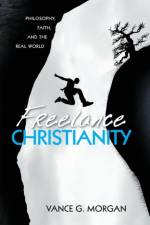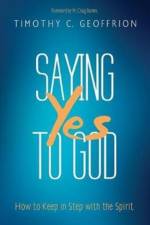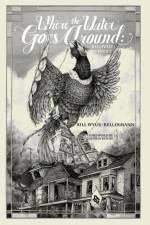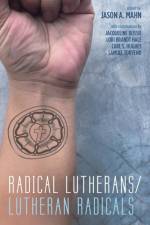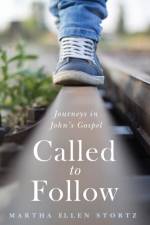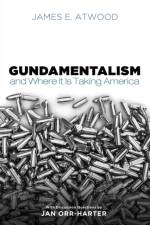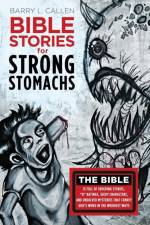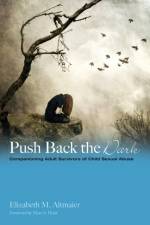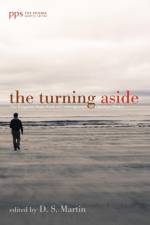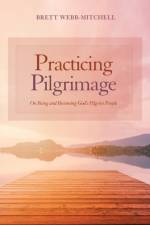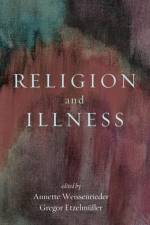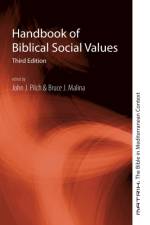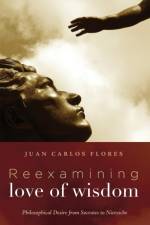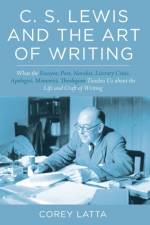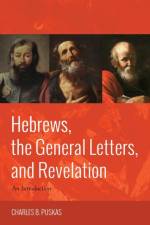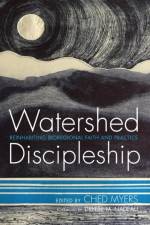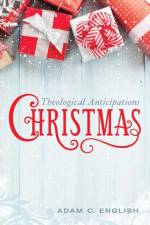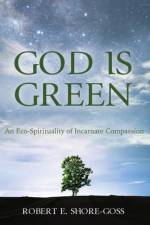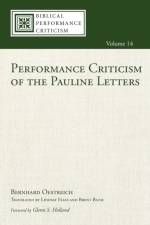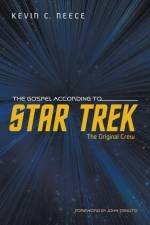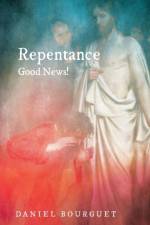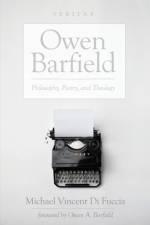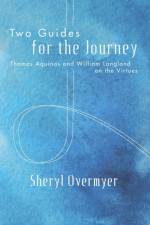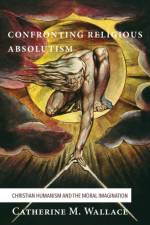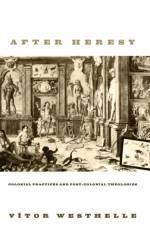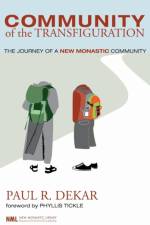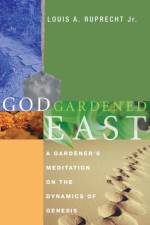av Louis A Ruprecht
525,-
Working within two popular genres, gardening books and biblical meditations, God Gardened East offers a meditation on the first twenty-five chapters of Genesis, emphasizing the tropes of cultivation, wandering, and ""the east."" Reconceived in a post-9/11 environment, Ruprecht wrestles with difficult questions about the violent legacy of monotheism and traces some of this violence back to the foundational story of Abraham and his dislocation from his homeland.""God Gardened East is an essay in the tradition of Thoreau and Wendell Berry. It is about important things, such as empire, the responsibilities of a citizen, the joys of getting one''s knees dirty in the soil, and the Book of Genesis. Reading Ruprecht is like taking a walk with a wise friend. He appears to meander, and wears his considerable learning lightly, but he is in fact moving artfully from the personal to the public, from the conflicted present to the conflicted past, and back again.""--Jeffrey Stout, Princeton University, author of Democracy and Tradition""Going forward in the Middle East is never easy for Americans. Too many conflicts mired in too much history seem to baffle even the most sophisticated and good-willed agents of change. No better place for a new beginning exists than the beginning of the Hebrew Bible and its book of beginnings, Genesis. Lou Ruprecht takes his readers on a journey east that also is a journey into our collective future, focusing at once on the obstinacy of violence but also its limits. This book is a penetrating analysis and a must read for all who look to Abraham as a signpost of hope.""--Bruce B. Lawrence, Duke University""God Gardened East is real nourishment for souls hungering for new ways to think about a ravishing, and often frightening, world. Full of biblical and theological insight, as humane as they are sharply intelligent, Ruprecht''s words are both warming and warning, reminding us that there are no easy answers in this all-too-human life of suffering, violence, and misunderstanding on both personal and global levels."" --Lori Anne Ferrell, Claremont Graduate University""In God Gardened East, Ruprecht has achieved a rare feat--a successful combination of extraordinary scholarly originality and insight with an intense personal passion and acute dramatic sensibility. His love for the material--literary and organic--makes him an ideal guide over landscapes from Israel to Greece to downtown Atlanta. At one and the same time, he encourages you to rush out of your library and into your garden . . . and vice versa.""--Mike Lippman, Assistant Professor of Classical Studies at Rollins College""Cultivating a journey of land, people, and religion, Ruprecht reveals new insights about interfaith relations, global politics, and hope after 9/11. In his scholarly hand, the stories of the monotheisms'' founding from Adam through Abraham come alive fertilized by his extensive knowledge of the Greek world, biblical traditions, and Western philosophy. Each chapter weaves insights and questions harvested from Ruprecht''s backyard garden with these Genesis stories of human conflict, transition, and quests for meaning in community. The text''s rich images of gardens, generations, and God keep the reader enthralled.""--Barbara Patterson, Emory University""Ruprecht''s remarkable book combines garden journal, travelogue, treatise, and commentary in a sustained meditation on freedom, faith, politics, and place. God Gardened East challenges its readers to dig into the rich soil of many traditions--Hebraic, Christian, Islamic, and Greek--moving from one, to many, to the infinite. A gardener knows the cadences of light and dark, dry and wet, the march of seasons, and the transformation of death into life. Ruprecht shows us that by growing the soil of our own gardens, we nurture also the patience, attention, and humility in which dialogue can take root across the boundaries of nation and religion.""--Anathea Po

